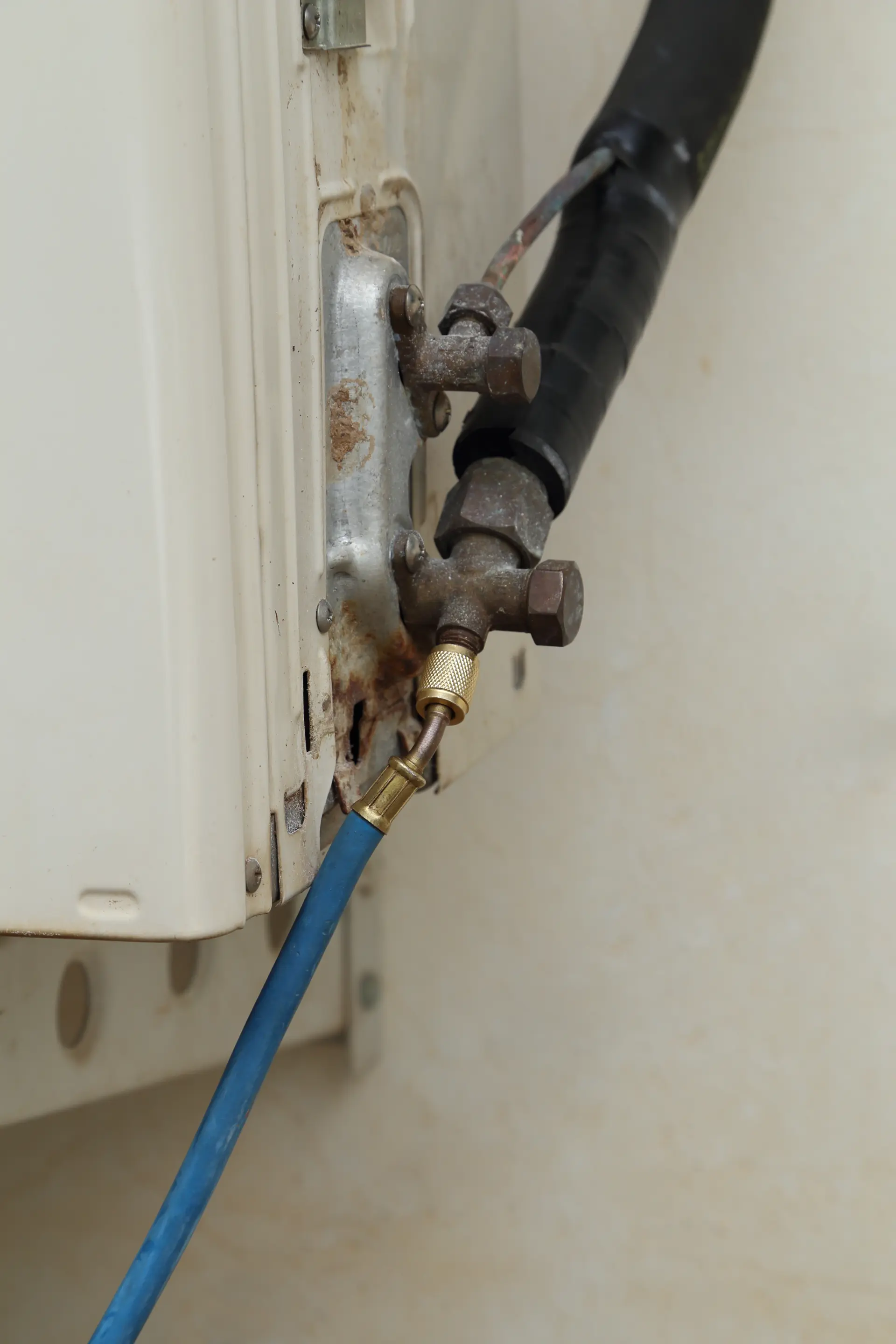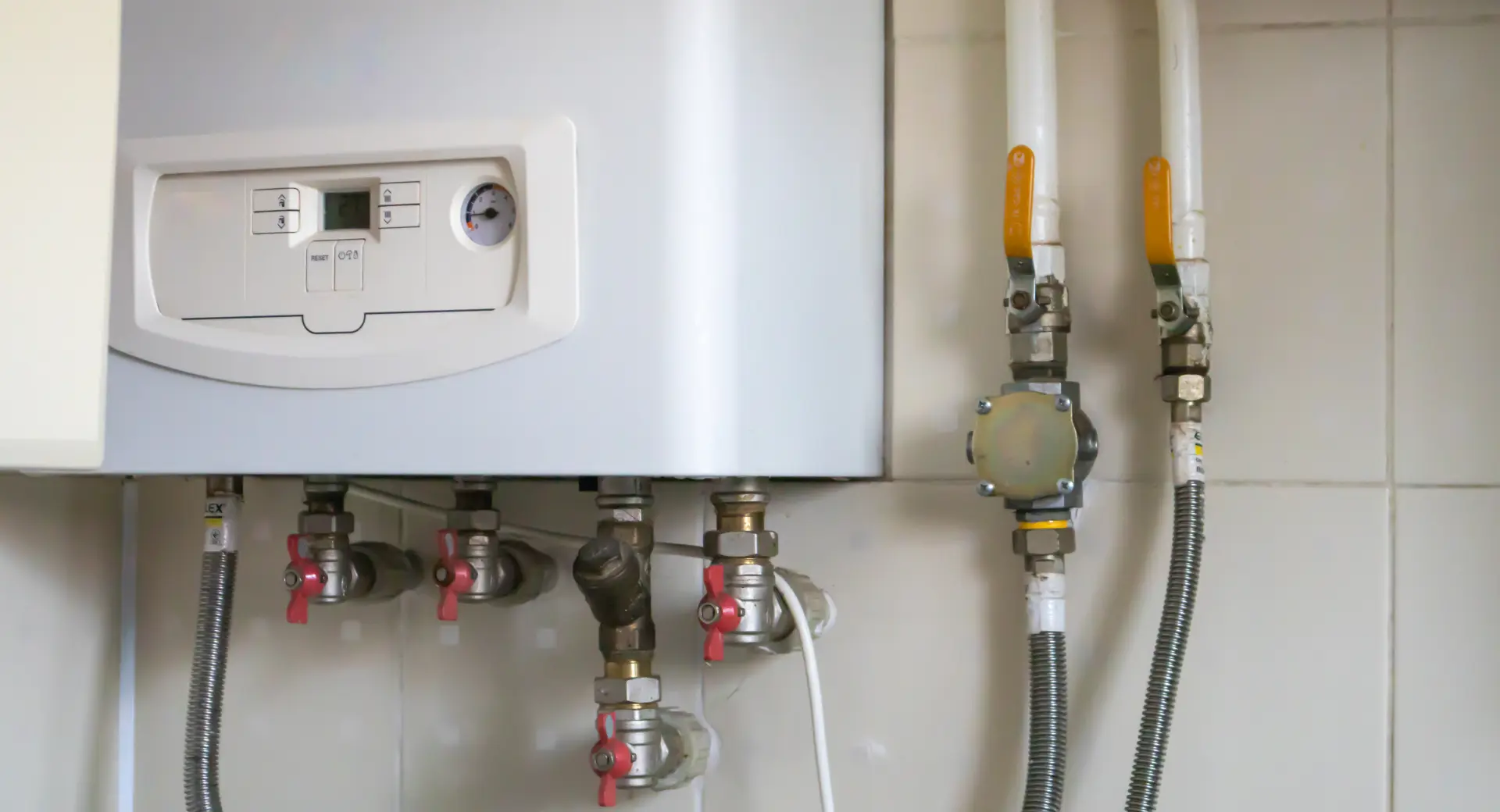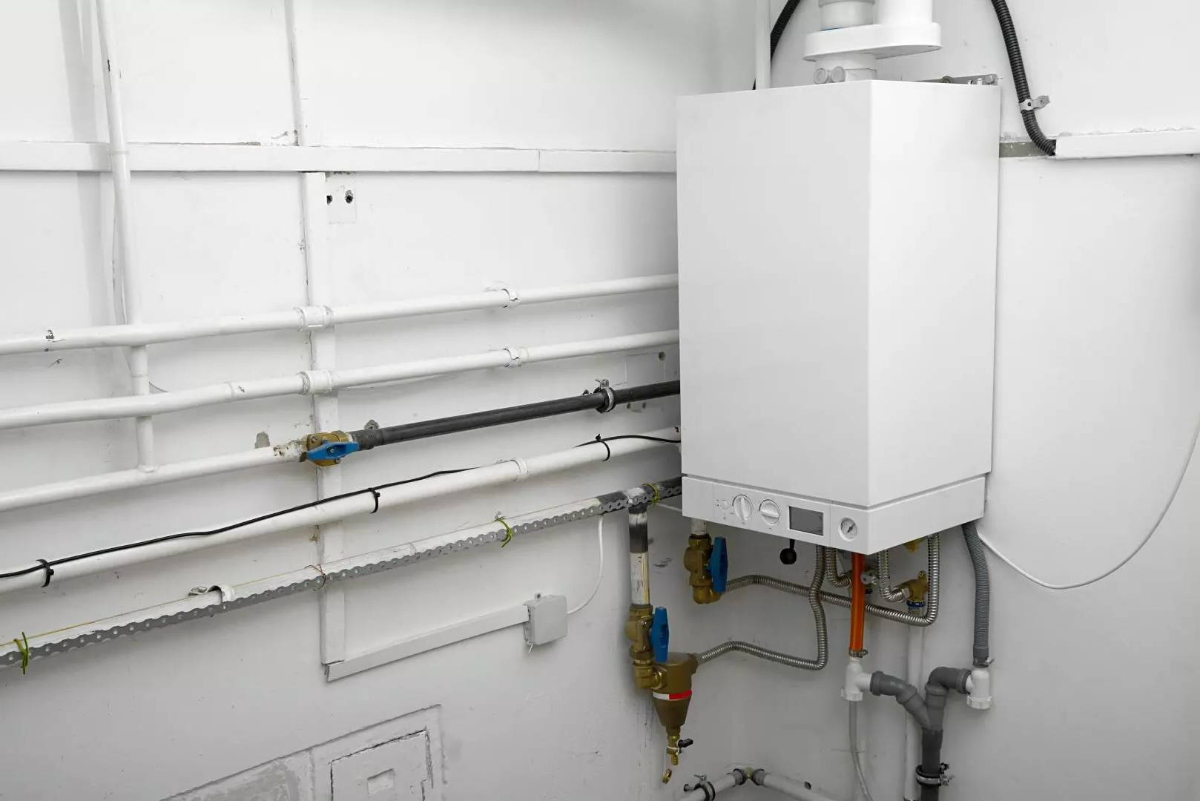Why Knowing the Signs Matters
Knowing the signs of an ageing boiler helps you act before a small issue becomes a big problem. It keeps your family safe by limiting the risk of carbon monoxide leaks, which you cannot see or smell. It can also save money because an older boiler may waste fuel and push your bills up.
When you spot warning signs early, you can avoid sudden breakdowns in cold weather and plan repairs or a replacement at a time that suits you. A new boiler heats rooms faster, keeps hot water steady and is usually quieter. You also spend less on call-outs and spare parts over time. Modern models use less energy, which is better for the environment and can raise the value of your home. Paying attention now means you'll experience fewer surprises later and a warmer, safer house.
Rising Energy Bills and Poor Efficiency
If your energy bills keep rising but your habits have not changed, your boiler may be wasting fuel. You might notice the boiler runs for longer to reach the same temperature, your radiators feel lukewarm, or hot water turns cool sooner than it used to.

You may find yourself turning the thermostat up more often, yet some rooms still feel cold. These are signs the system is working harder than it should, which costs more money and puts extra strain on parts.
An older or poorly maintained boiler can lose heat inside the unit and through the flue, so less of the fuel you pay for becomes useful heat. If a service does not fix the problem, replacing the boiler can restore efficiency, lower bills and make your home more comfortable.
Inconsistent Heating and Hot Water Supply
If some rooms are warm while others stay cold, or your shower runs hot then suddenly cool, your boiler may be struggling. You might notice radiators with cold spots, taps that take ages to heat up, or hot water that runs out quickly. The boiler may also turn itself on and off often, which can raise your bills and wear parts out faster. You could hear gurgling or banging from pipes or the boiler itself, and the pressure gauge may drop again and again.
These are issues that can be caused by too much wear and tear, a build-up of sludge in the system, trapped air, low pressure, or a faulty part such as a valve or thermostat. Bleeding radiators, topping up pressure, or having a full service can help for a while. If the problem keeps returning, or repairs are becoming more and more frequent, it may be much more cost-effective to replace the boiler. A new model should heat rooms evenly, keep hot water steady, run more quietly, and make your home more comfortable.
Visible Leaks, Rust, or Corrosion
Any sign of water around your boiler is a warning to look out for. You might see puddles, damp patches, or stains under the unit and on nearby pipes. The pressure gauge may keep dropping because the system is losing water, and you may hear hissing as water escapes.
Rust or greenish marks on joints and fittings show that water has been leaking for some time. You may notice flaking paint, a musty smell, or mould near the boiler cupboard.

Corrosion on the case, pipes, or the flue can weaken parts and make future leaks more likely. Leaks can also damage floors, walls, and electrics, which adds to repair costs and can create a safety risk.
Small fixes can help if the leak comes from a loose joint or a worn seal. A qualified engineer can tighten fittings, replace seals, or treat minor corrosion. If rust or corrosion is widespread, if the flue shows signs of damage, or if leaks keep coming back, it is often safer and better value to replace the boiler.
A new unit should hold pressure, cut the risk of sudden failures, improve efficiency, and protect your home from water damage. If you see active leaking or severe rust, switch the boiler off and arrange an urgent inspection.
Safety Concerns and Carbon Monoxide Risks
A faulty boiler can be dangerous. The biggest risk is carbon monoxide, a gas you cannot see, taste, or smell. Breathing it can cause headaches, dizziness, nausea, confusion, and tiredness. In severe cases, it can be life-threatening. Warning signs from the boiler include sooty marks, a yellow or orange flame as opposed to blue, and more condensation on windows near the unit.
It's wise to fit a carbon monoxide alarm in the same room as your boiler and test it regularly. If you think there is a leak, switch the boiler off, open windows, leave the room, and contact the emergency gas service. Arrange a full check by a Gas Safe-registered engineer. If safety issues keep returning, replacing the boiler is the safest choice for your home.
RJC Plumbing And Heating can offer the best local plumbing and heating services for your homes or properties. Give our helpful team a call today, and we'll do all we can to repair your boilers, radiators, pipework, and various other heating systems.


